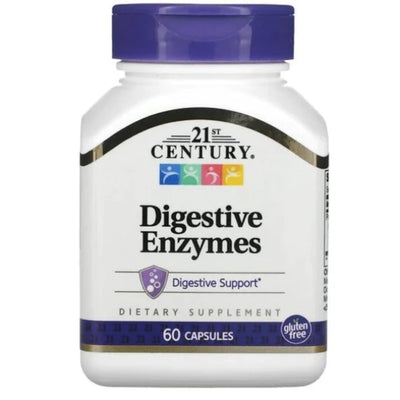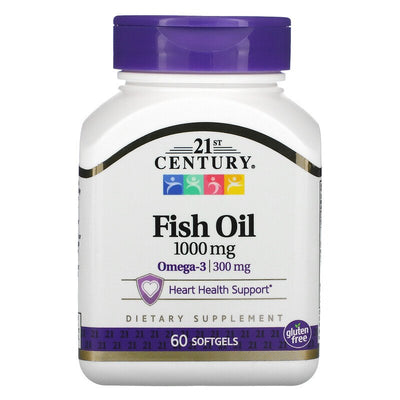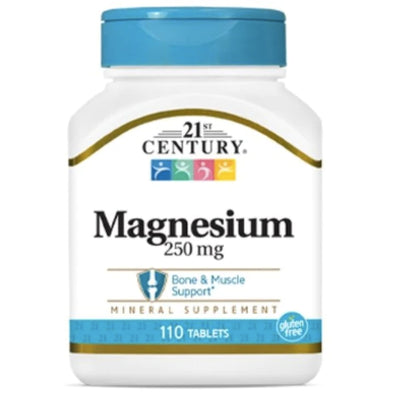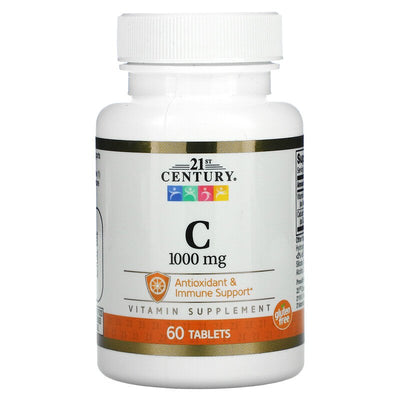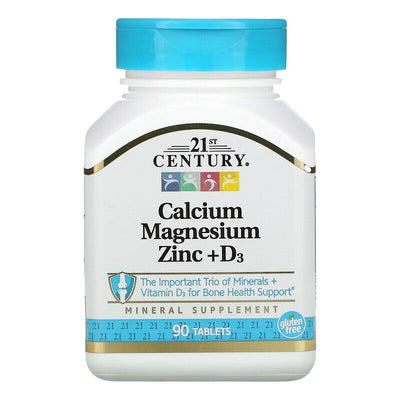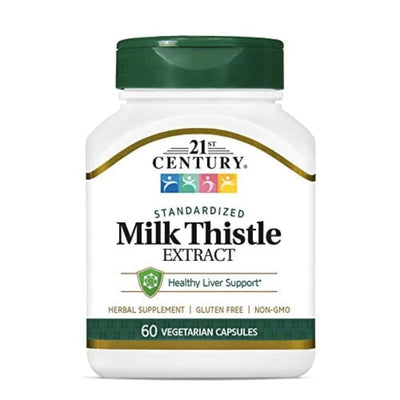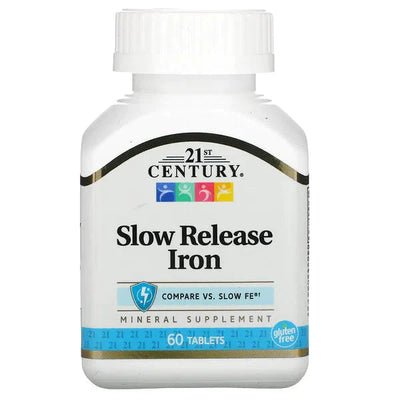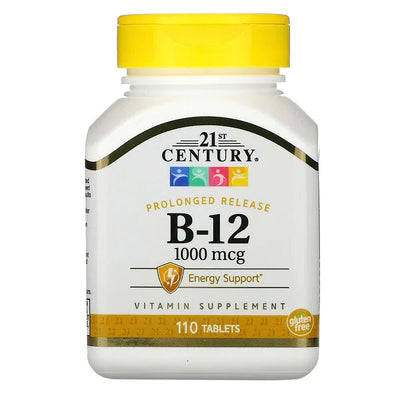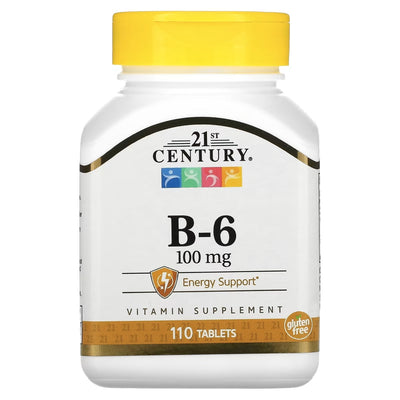
Creatine and ATP Production: Fueling Cellular Energy
Understanding ATP and Its Importance
ATP is the primary energy carrier in all cells and is essential for virtually every cellular process, including muscle contractions. During high-intensity exercise, ATP is rapidly consumed, and its availability can limit performance. This is where creatine enters the scene.
How Creatine Enhances ATP Production
Creatine is stored in the muscles in the form of phosphocreatine. During exercise, phosphocreatine donates a phosphate group to ADP (Adenosine Diphosphate), rapidly regenerating ATP and thus sustaining energy output during short, intense bursts of activity. Here’s how this process directly benefits athletic performance:
Increased Energy for High-Intensity Workouts
Creatine ensures a rapid replenishment of ATP, which is particularly beneficial during high-intensity, explosive activities like sprinting or weightlifting. This increased energy availability can lead to enhanced performance, allowing athletes to train harder and longer.
Enhanced Recovery
By facilitating quicker resynthesis of ATP, creatine helps muscles recover faster between sets during a workout. This rapid recovery allows for more sustained effort and can lead to more effective training sessions.
Improved Training Volume and Performance
Over time, the ability to train harder and recover faster can lead to significant gains in strength and muscle mass. Creatine's role in enhancing ATP production means athletes can perform more reps at a higher intensity, stimulating muscle growth and adaptation.
Best Practices for Creatine Supplementation
To fully harness the benefits of creatine for ATP production, consider the following guidelines:
Proper Dosing
The typical creatine supplementation protocol involves a loading phase of 20 grams per day for 5-7 days, followed by a maintenance dose of 3-5 grams per day. This regimen quickly saturates the muscles with creatine, enhancing its energy-boosting effects.
Timing
While creatine can be taken at any time of the day, some studies suggest that post-workout supplementation might be slightly more beneficial due to increased muscle uptake. Regardless, consistent daily intake is key to maintaining elevated muscle creatine levels.
Hydration
Creatine increases water retention in muscle cells, which can be beneficial for performance. However, this also means it’s important to increase water intake to stay hydrated.
Quality Supplements
Choose high-quality creatine supplements, like those available at Supps247, to ensure purity and effectiveness. Look for products that contain pure creatine monohydrate, the most researched form of creatine.
Conclusion
Creatine is more than just a muscle-building supplement; it's a critical enhancer of cellular energy through its role in ATP production. By increasing the availability of ATP, creatine helps athletes train more effectively and recover more quickly, pushing performance to higher levels. Whether you're an athlete seeking to maximize your energy output or a bodybuilder looking to enhance your training capacity, consider integrating a creatine supplement from Supps247 into your routine for optimal results.
- #ATP
- #ATP Production
- #australia
- #BODY BUILDING
- #BODY COMPOSITION ANALYSIS
- #bodybuilding
- #cognitive support
- #creatine
- #creatine monohydrate
- #Health Supplement
- #melbourne
- #supplement
- #supplement shop
- #supplement store
- #supplement store near me
- #supps247
- #vitamins and minerals
- #Vitamins and Supplements
- #WEIGHT LOSS SUPPLEMENT
Share







